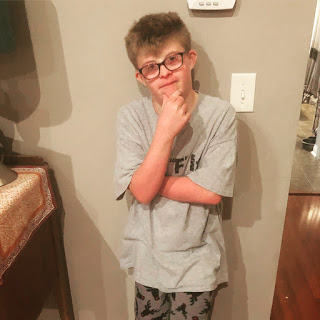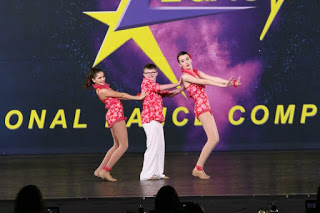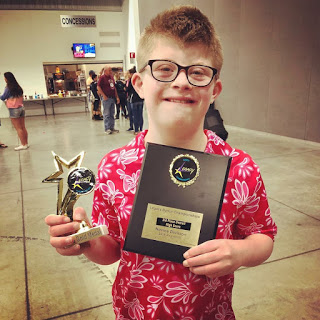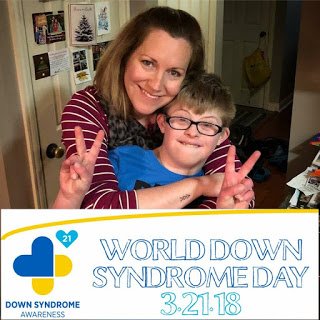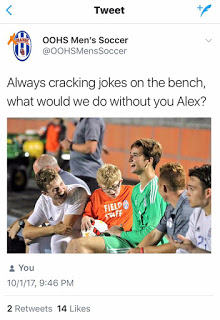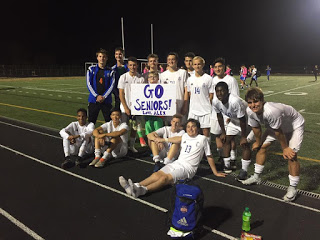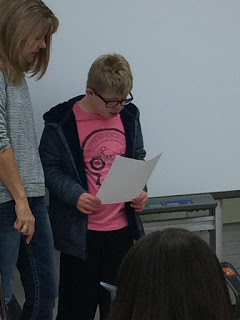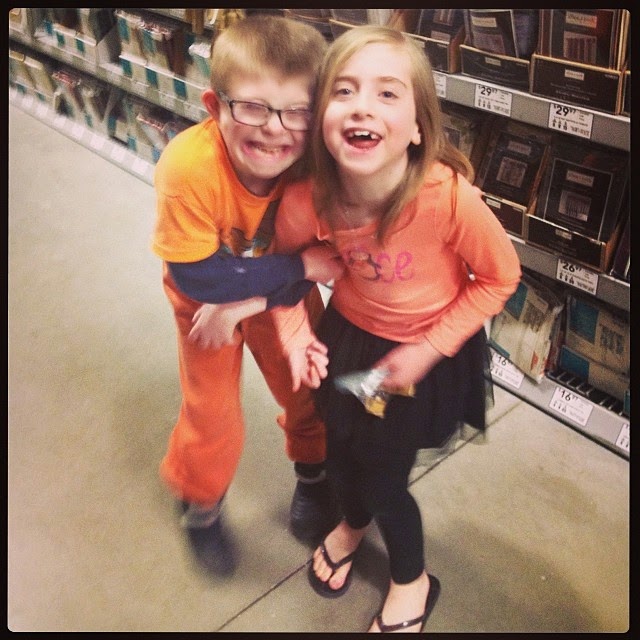 Uncategorized
Uncategorized
I Am Aware: Thoughts on Down Syndrome Awareness Month
a time to promote awareness and acceptance by educating our peers and sharing
our stories about our loved ones with Down syndrome. I’ve seen many essays and
social media posts dedicated to Down Syndrome Awareness Month; so many friends
and fellow advocates are doing a wonderful job informing their greater
communities about what Down syndrome is. Having celebrated DSAM for many years
now, I was struggling with how to promote awareness this month. After much
consideration, I discovered that I am very aware of Down syndrome. I mean
really, really aware. Because so many facts and advocacy tips are already
circulating, I’ve decided that my contribution to Down Syndrome Awareness Month
lies somewhere in my own personal experiences.
building awareness and acceptance of Down syndrome is a responsibility 365 days
a year, not just 31 days in the month of October. Many people have shared
that they celebrate their loved ones with Down syndrome every day of the year, so
they don’t see the importance of doing it just one month, and I agree with that…to
a point. It takes a conscious effort to carefully and consistently educate our
families, friends, educators, and community members year round so that this
information becomes second nature, and not just something that is pointed out
one month a year. However, upping our game during October is a great way to
increase our advocacy skills and highlight some major elements and key concepts
that we want to share.
inclusion is not a “one size fits all” concept. When I advocate for inclusive
opportunities for my son, Alex, or share my thoughts about inclusion, I
inevitably hear something along the lines of “that would never work for my
child.” And I have experienced that, too; after reading about different
circumstances, I’ve often thought “that’s amazing…but it would never work for
Alex.” And that’s ok! I wouldn’t want an opportunity to not be available for
someone else because it wouldn’t work for my family, nor would I want to see
something forced on someone else if it wouldn’t be appropriate. Inclusion
should be a fluid, customizable concept that benefits an individual, and I
think that special education would best function in this manner as well. Supports
should look different, because they are serving different individuals, but the
big picture should be the same. It is challenging at times, but most certainly
worth it.
people have good intentions, yet low expectations. My son has met many
wonderful people in his life, most of whom only wish the best for him. I’ve
noticed, though, that many of us need to raise our expectations in regards to
individuals with disabilities. These individuals can and will accomplish
extraordinary feats, but we may never know exactly what they can do until they
are encouraged to try and then fully supported.
of my kids are awesome. Our family dynamic is different, and because of
that, I’m watching my kids become amazing people. They began learning, at very
young ages, that they can advocate for their brother, and other individuals,
with Down syndrome…and that their voices matter. I believe that they will only
continue to grow as advocates, and that this will benefit them (and all those
around them) for the rest of their lives.
stronger than I ever thought possible, and I have Alex to thank for that. Like
my younger kids, I am finding my voice as an advocate, and realizing that my
part in this story is a powerful one that can help others. Learning how to
advocate is empowering, and knowing that I am making a difference is rewarding.
is a lot of work to do. Advocacy doesn’t end. I don’t think there will ever be a time when
I will sit back and say “Yep. I’ve done all I can for my son, and there’s
nothing left to learn.” It just won’t happen. We can all do so much to help our
loved ones with Down syndrome flourish, and we can always find ways to help
build awareness and acceptance in our communities.
acceptance of Down syndrome this month, and also learn how to best educate,
support, and include individuals with Down syndrome well after the calendar
flips to November.
